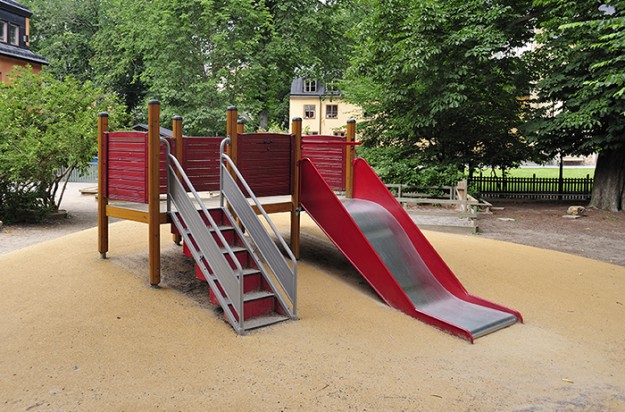
There are a lot of great reasons for working in Sweden, and the international researchers whom KTH is now recruiting globally will likely find even more. But here are some of my favorites.
There are 13 assistant professorships open at KTH for international researchers. Moving to Stockholm to do research at KTH offers a lot of specific benefits, especially the centre-driven research that we do in collaboration with other universities, industry and various societal bodies. KTH is a major partner in two of the three European Knowledge and Innovation Communities (KIC) formed by the prestigious EU organization, European Institute of Innovation and Technology (EIT). And, several of Sweden’s national research centres are also hosted by KTH.
Young scientists here get access to several state-of-the-art laboratories and other ultramodern environments, where they can operate and develop.
But there’s more to living and working in Sweden, as any expatriate can tell you. Here’s what I like best:
“Professors’ privilege”
In most countries, employers own the rights to intellectual property that employees generate when carrying out their work. In Sweden, universities are exempt from this principle—which means researchers automatically own the rights to inventions and copyrights to works they produce. They call this “the professor’s privilege.”
State education
From preschool to post-doc, state education here is of a very high quality. You can tell it when you meet people, from all walks of life. It reflects on them. As for the universities here, you can look up the bona-fides at QS Ratings, but you probably already did that.
Parental benefits
When you have a child in Sweden, both parents are entitled to paid family leave — 90 percent of pay for 180 days. The remaining 300 days are lower paid. But, still.
Sun
All right, it’s hardly there in the winter, but in the summer the sunlight is incredible. Whether you stay in the city or go to the country, it’s hard not to be impressed with the beauty of the light that only really fades to dark for a few hours while you sleep.
Tolerance
Strangeness goes largely unremarked here. So if you’re strange, you’ll feel comfortable being that here.
Childrens services
If you’re a parent, this will matter. And even if you’re not, it tells you what kind of society Sweden is.
The only playlots I ever saw in multi-housing developments in my hometown, Chicago, were the ones in the notorious Chicago Housing Authority projects. That’s because the government owned the projects and made the architect put them in. Private developers, condo associations and landlords, on the other hand, are less likely to make room for such amenities.
But Swedish apartment co-ops do; and so do rental housing property owners. Prioritizing children’s needs runs throughout the Swedish society. It’s evident in the strong investment in very high quality and easily accessible daycare. You see it in the abundance of playlots you will pass if you walk two miles in any direction. And, it’s evident in the almost non-existent marketing of products toward children. I haven’t seen a single ad for a toy on TV, and I watch a lot of children’s TV. They also have a remarkably large number of songs that all the children know the words to.
From all I can tell, it’s very fun to be a kid in Sweden.
Public space
The Swedes have this thing called “allemänsrätten”, every person’s right. Now, before I tell you what it is, try imagining what such a principle would mean in your home country.
In Sweden, it means that all natural space is, in a sense, public space. That is, hikers and assorted wanderers (actually the Swedish word for hiking is ‘fotvandra’— literally wandering on foot) aren’t fenced off. You’re free to roam on private property as long as you are respectful and just passing through.
(And that’s important because there is a lot of nature here to enjoy — lakes and forests are everywhere, and easily accessible from cities.)
To travel is a human right. When deprived of any mode but our own two feet, we should be able to trod the Earth as nature intended.
The Swedes understand this, and it still impresses me after all these years.
David Callahan

“allemansrätten”
🙂